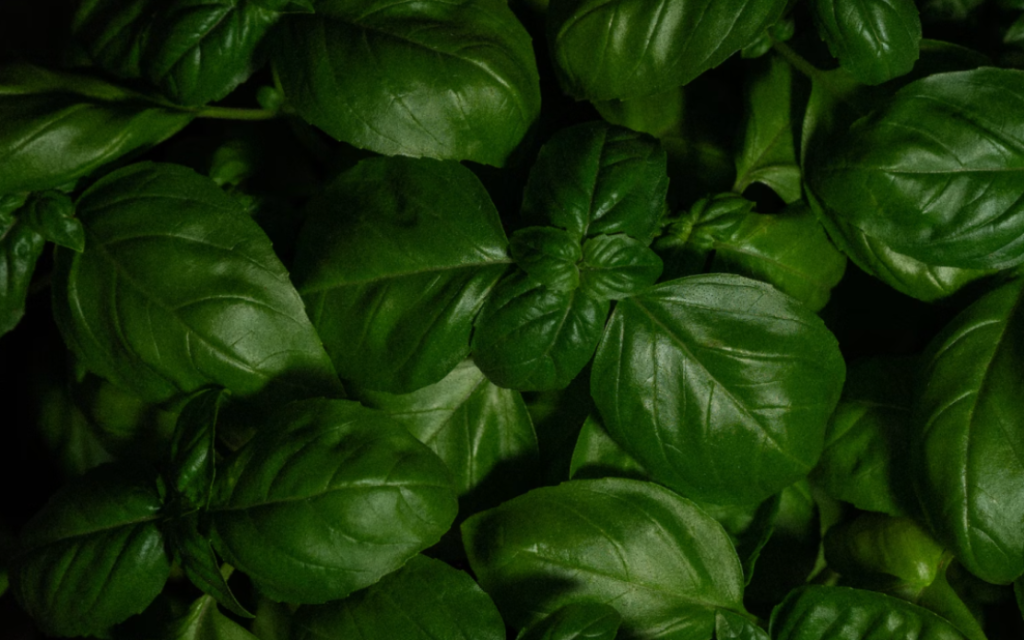Adaptogen herbs or adaptogens have long been used in medical systems such as Ayurveda and traditional Chinese medicine, often to reduce the effects of stress. Also known as tonic herbs, they are believed to help regulate the stress response system.
I think they can help us adapt to changing or challenging circumstances. They can moderate the effects of stress hormones, balance the fight or flight response, improve sleep and energy, and stabilize mood.
There are no large-scale studies showing how they work, but there is evidence that adaptogens interact with the hypothalamic-pituitary-adrenal axis, which helps the brain manage the stress hormones produced by the adrenal glands. Adaptogenic herbs seem to have few side effects and little long-term risk, so I often prescribe them in my natural mental health practice. I’ve found these three particularly helpful.

Rhodiola rosea for energy and focus
This adaptogen supports the adrenal glands and the autonomic nervous system, making it a great holistic tonic when you’re overreacting to stress. It helps lower stress hormones and can give you a gentle energy boost without overstimulating your system.
Traditionally, rhodiola rosea is used for mental focus, although studies have shown that it can also relieve anxiety and depression. Other studies have shown that rhodiola rosea can increase serotonin and dopamine levels, counteracting the effects of cortisol. This plant is especially useful during the winter months for anyone with a tendency toward seasonal affective disorder.
Dosage and Use: A typical dose of rhodiola rosea is 200 to 250 milligrams twice daily. Children need even less – about 100 milligrams twice a day. Look for a standardized extract that contains at least 3% of the active compound rosmarin.
Rhodiola rosea is best taken with a meal, but preferably breakfast or lunch rather than dinner – rhodiola rosea is energizing and may interfere with sleep. At this point, if you notice sleep problems or feel overly hyperactive, discontinue use.
Prickly Willow Herb for Stress Management
Prickly willowherb (also known as Siberian ginseng) is a flowering shrub. Its roots, bark, leaves, and berries contain beneficial bioactive compounds called spikenard glycosides. The plant is a staple of traditional medicine in China, Korea and eastern Russia, where it is used to treat a range of ailments, including memory loss, high blood pressure and elevated stress.
Studies are scarce, but some researchers speculate that it could help increase catecholamines, such as norepinephrine and dopamine, in the stress-management part of the brain. Prickly willowherb may also affect levels of a chemical called brain-derived neurotrophic factor (BDNF), which helps support the growth of nerve tissue and protects the brain. Research suggests that low BDNF levels may contribute to anxiety and depression.
Dosage and Use: The standardized extract of prickly willowherb is typically dosed at 200 ~ 400mg, taken 1 ~ 2 times daily. Most Stinging Willow Herb compounds are made from the roots of Stinging Coccus and are safe for most people to consume on a short-term basis.
Calming Holy Basil
Holy basil is considered a tonic for many health problems, including eczema and gastrointestinal issues. A systematic review showed it to be beneficial in three ways: cooling inflammation, stabilizing blood sugar, and improving overall tolerance. In fact, in Ayurvedic medicine, this tincture is sometimes referred to as liquid yoga.
The goal of stress management is to reduce reactivity and help the body cleanse after an overactive stress response; holy basil helps pair the two. It may help slow the release of cortisol, calming the stress response, and help block cortisol receptors, limiting their damage.
Dosage and Use: The typical adult dose of holy basil is about 300 milligrams, taken two to three times a day. (Children take up to 100 milligrams twice daily.) Look for a standardized freeze-dried form or liquid extract, or enjoy as a tea – a relaxing cup before bed. (In tea form, holy basil is often called tulsi.)
I like to use supplements that combine holy basil with other herbal adaptogens; they usually work better together. Like other tonic herbs, holy basil is considered safe, even for long-term use.



